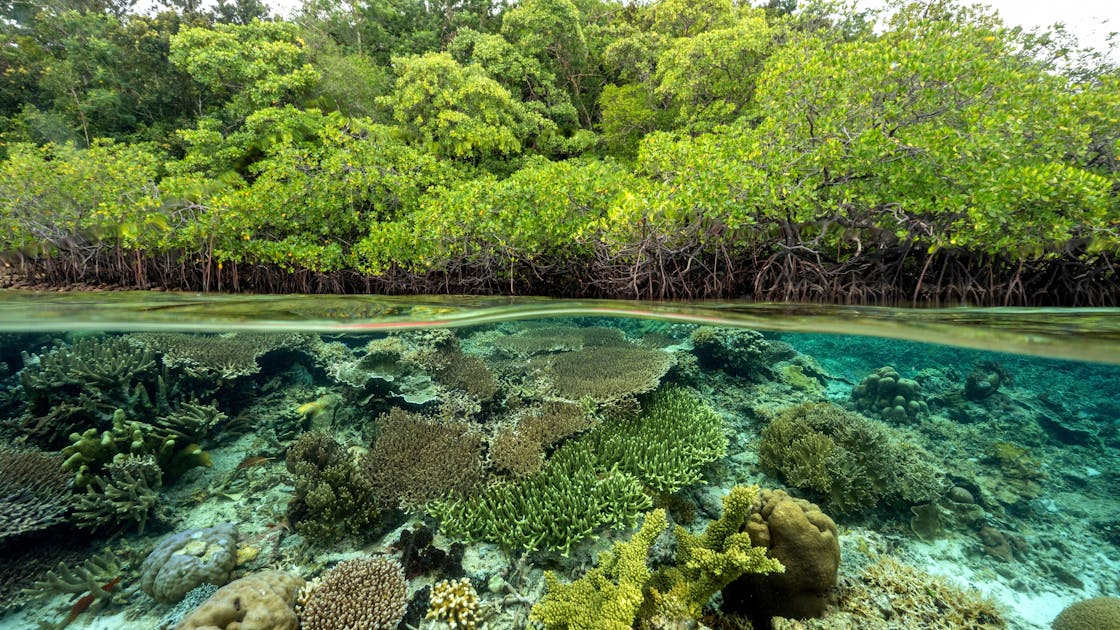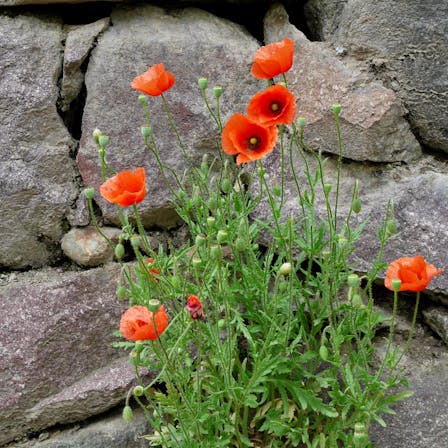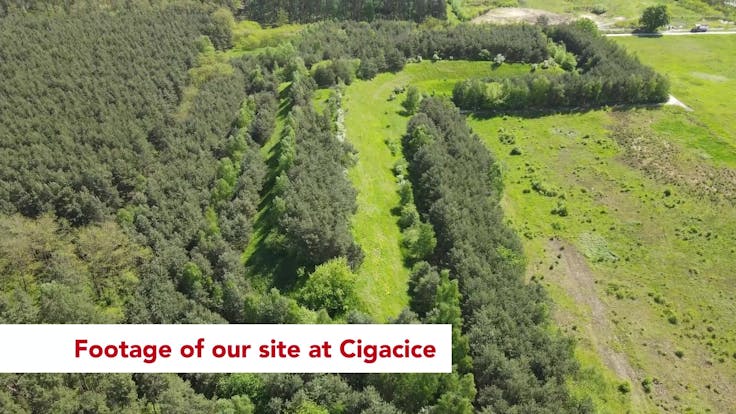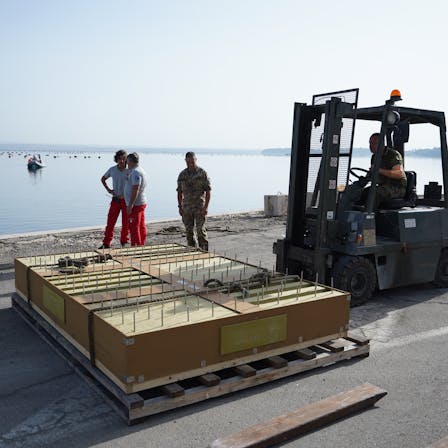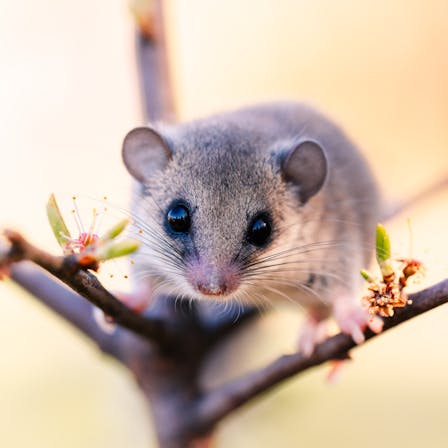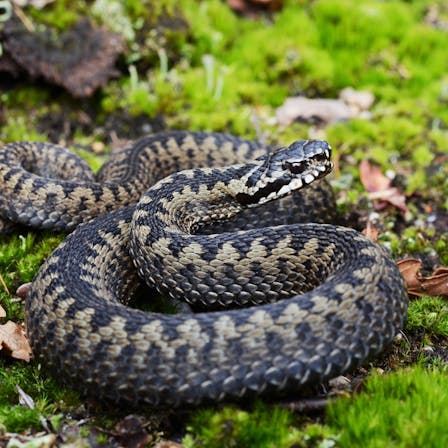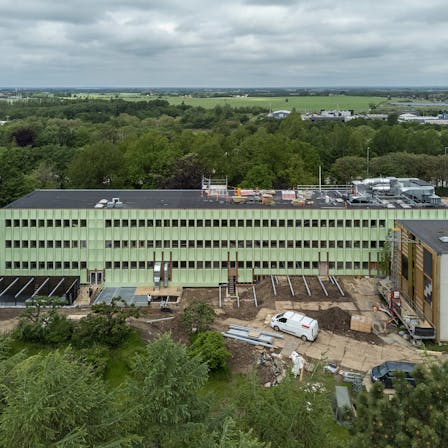Biodiversity loss impacts all aspects of society, including economic, environmental, and social as well as governance models. Collectively, we all need to take care of the world’s natural assets, and that includes ROCKWOOL.
According to scientists, loss of biodiversity is an even more urgent concern than the climate crisis since we can to some extent mitigate climate change. Biodiversity loss, however, is permanent and cannot be restored. This is also why biodiversity is increasingly being seen as a critical subject that businesses are expected to responsibly manage.
As a company using raw materials in our production, we have the ambition to help reduce biodiversity loss. We do this in several ways, including mitigating risks at own sites; monitoring supplier commitments; sponsoring and engaging in net gain projects; minimising the use of virgin materials, reducing water use and decarbonising our operations; and investigating avoided biodiversity impacts across our product portfolio.
With the EU’s Corporate Social Responsibility Directive (CSRD) and the EU Taxonomy setting out new reporting requirements, standards and minimum safeguards for companies, ROCKWOOL is currently developing a biodiversity strategy, which will be published later in 2024. Biodiversity was identified as one of the material topics for ROCKWOOL in a stakeholder consultation and we will be reporting on this topic from 2024.
